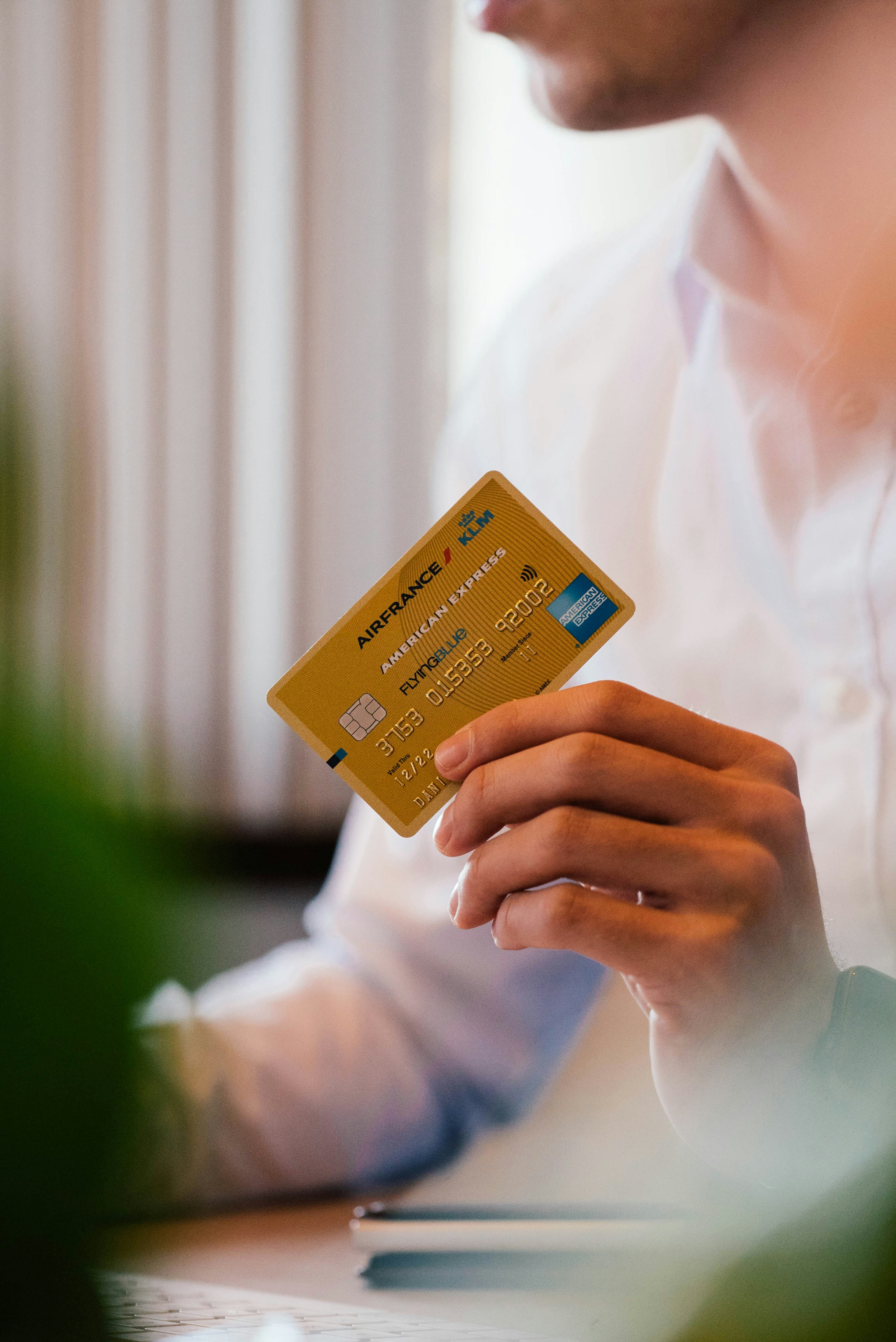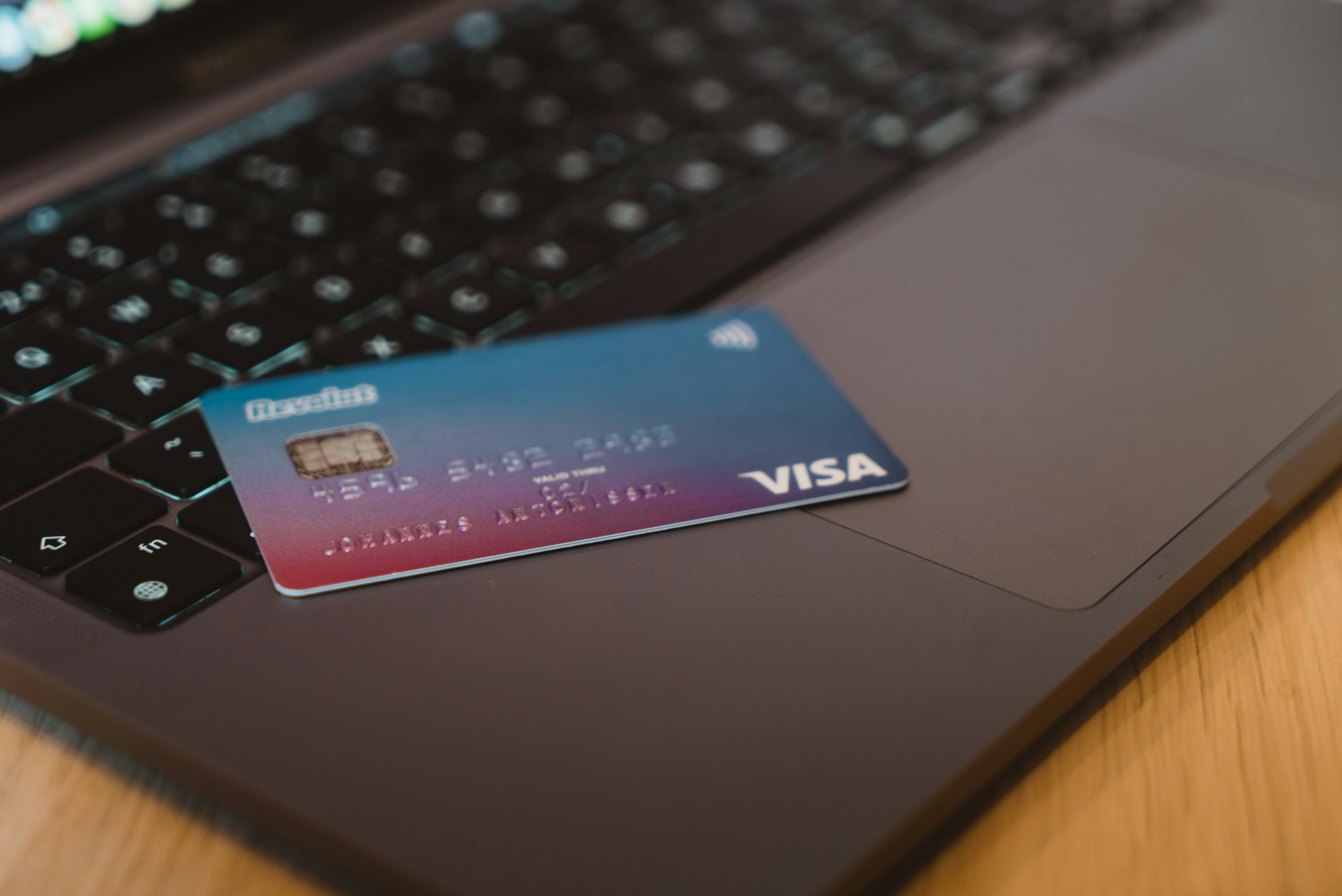
Business Credit How To's
Business Credit How To's

We all know we have a personal credit score and most of us understand the importance of having a good credit score but what confuses many entrepreneurs is their business credit and how that works.
Establishing business credit is important for entrepreneurs who may need to obtain loans to operate their businesses. It can impact the ability to secure a lease without your personal guarantee, insurance rates, and favorable payment terms with vendors and it can help protect your personal credit score since you won't need to tie the business to your personal credit.
The main thing to understand is how your business credit differs from your personal credit.
A business credit score typically ranges from 1 to 100 with a higher score being better. The score is impacted by a number of things.
length of credit history
credit utilization
payment history
balance to credit ration
size of your business
how long you have been in business
the industry you are in (some are riskier than others)
liens or judgments and bankruptcy history
timely payments
How do you establish business credit?
Apply for a business credit card.
Find a bank that offers business credit cards and once you have one use it responsibly. This means use it every month, but don't carry large balances if you don't need to and if you do carry a balance, make sure to pay your minimum monthly payment, or more, every month a few days before the due date.
Work with vendors that report payments if you can and then pay your accounts early
Some larger vendors will report their customer's timely payments to the credit agencies. If you work with larger vendors, ask about this and understand what they report and when. If you can pay before payments are due, this can give your score a little bit of a boost.
Incorporate your business as an LLC

Having an LLC makes it so much easier to establish business credit. Plus, an LLC, in most states, offers some sort of liability protection and potential tax advantages as well. (Talk to your lawyer and accountant for specifics.)
Get an EIN
An EIN is the equivalent of your SSN but for your business. It allows you to have a legal Tax Identification number to have your business credit reported under. You can obtain one from the IRS website and do not need to pay a service to do this for you. As a bonus, if makes it so you don't have to provide your SSN to your customers or vendors so you are adding a layer of identity protection for yourself.
Have a business banking account
This is actually a best practice step, but it allows your banks, if they report, to report things that can help with your business credit score as well.
Establish a business address and phone number that are not your personal ones
Even a simple PO Box and a Google number will work for this, but it allows you to keep your business and personal identities separate for financial purposes.
These tips can help you start to navigate getting business credit established.
The main resource for business credit information is going to be Dun & Bradstreet so you may want to check them out.
If you are looking to work on the financial aspect to improve your business financial knowledge so you can increase your business credit, you can schedule a call here to see how my financial coaching services may assist you in this.
**I am not a credit repair specialist or a credit building specialist, I am a financial coach.

